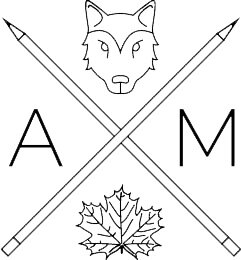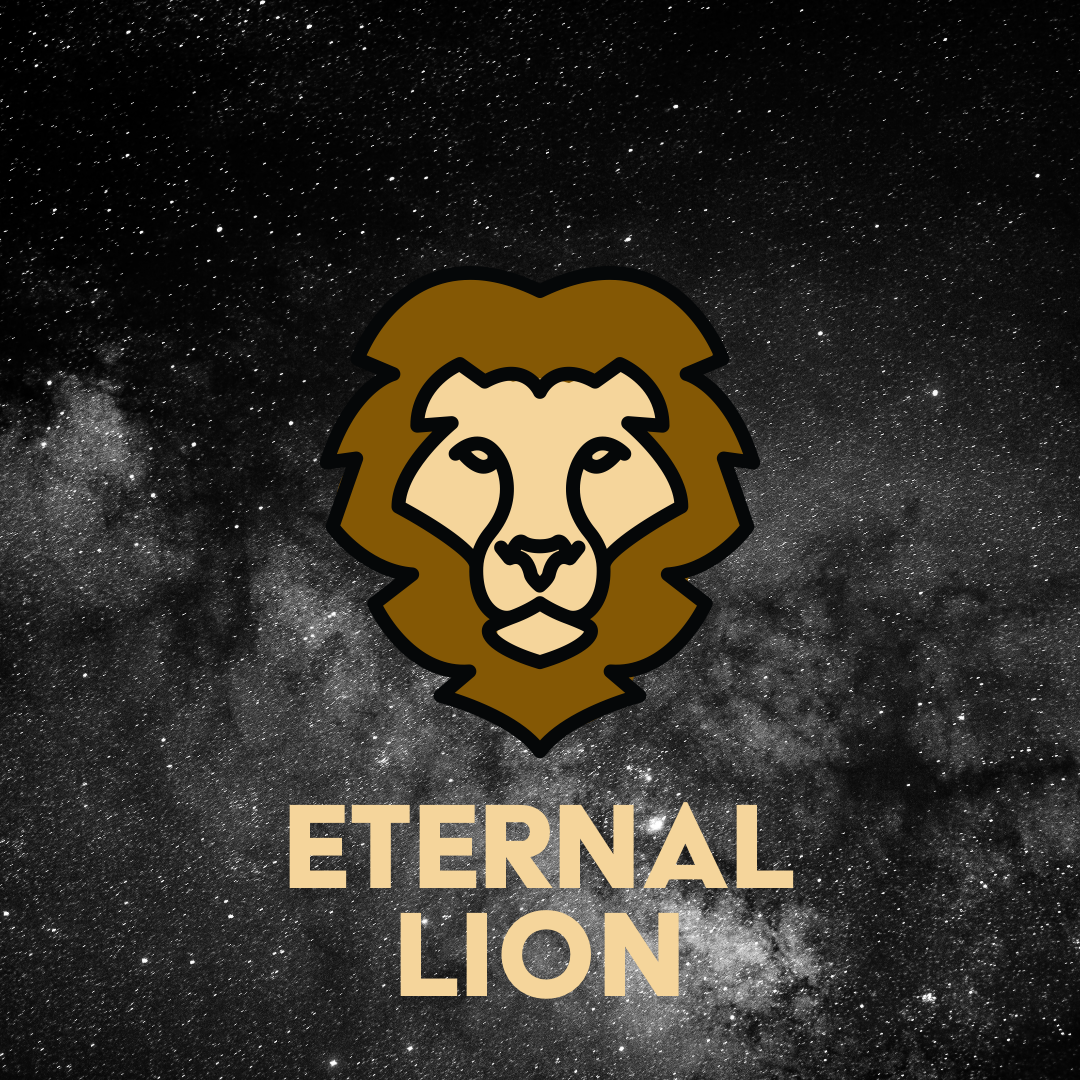Eternal Lion
Elder Aldus T. Fletcher of the First Quorum of the Seventy, also known as the Eternal Lion, yawned despite himself. He knew he shouldn't yawn in sacrament meetings. They were, after all, the central facet of the entire universe, the moment when saints of Golden, Silver, and Bronze Deseret came together to remind themselves that they were the saints of the Millennium, covenanted to take the gospel of Jesus Christ to the cosmos, and bring peace and prosperity to the universe. A simple imperative, really, although complicated in how it came about.
But, this meeting itself was becoming rather boring. The local congregation that he was visiting on the space station Teancum-9 favored the ancient ways of sacrament, and so it had a very organized process. First, the bishop stood up and gave announcements. Prayers. Hymns. Partaking of the sacrament. Speakers. The Eternal Lion found himself listening to a more boring and analytical take on the Joseph Hyrum Smith story and the discovery of the Gold Plates. The speaker, President Marigold F. Thren of the local primary, was really diving in to her analysis, reading each verse and then discussing what it means on a cosmological and soteriological level.
Elder Fletcher favored the newer forms of sacrament meeting, in which congregants met, partook of the bread and water, and then dispersed to various classes or service projects. Mormonism was a gospel of action, after all, and this helped saints do the gospel rather than talk about it. The reforms to congregational meeting had occurred in the mid-2000s, around 2060 or 2070, Elder Fletcher thought (Church history was not his forte). But, however boring it was, he must sit and not yawn.
President Thren ended her sermon and sat back down. Bishop Fitzgerald K. Zellon, a Zellnian saint who had been placed on board Teancum-9 as a way to see if he would be appropriate to move up to stake president level, ended the meeting by, naturally, correcting President Thren on a few theological points and then asking a Zellnian sibling to offer the final prayer.
Zellnians did not ascribe to a human gender spectrum, instead considering each sibling and reproducing asexually. The Apostolic Brethren had had theological difficulty, to put it simply, when the missionary crusades had come across their species on the frozen planet of Zellus, renamed Zenock-5. How did one welcome into the fold of God some of God's creatures who weren't like human beings yet had cognitive ability like human beings? The Provo Accords, brought to the bar of God by some professors at BYU, had argued the theological imperative that cognitive ability meant blessed by God or created by God. If this were true, then certain doctrinal holdouts from the early centuries of the Church became rather untenable and had to be reconsidered when faced with a species like the Zellnian.
“. . . in the name of the Child, Jesus Christ, we continue onward, to the stars, to the moons, and to the suns,” the giver of the closing prayer said.
The congregation repeated, “To the stars, to the moons, to the suns,” and began to mingle.
Elder Fletcher reached out his hand and thanks President Thren for her talk. She nodded, thoroughly pleased that a Seventy had enjoyed it. Elder Fletcher was suspicious that she had made it particularly analytical because she knew a Seventy was coming. He'd have to be more coy with how he announced his visits next time, especially for meetings that favored the pre-Millennial way.
“Thank you for coming,” Bishop Zellon said, holding out a tentacle to Elder Fletcher.
Elder Fletcher grabbed it with his hand and shook it briefly.
“How fares the ward?” Elder Fletcher asked.
“I was going to ask you the same thing,” Bishop Zellon said. His words, spoken in common, had a certain squelching to them that, while not unpleasant, was certainly not enjoyable to Elder Fletcher's ears. Bishop Zellon looked out at the congregation. Some of the congregants moved up to speak to Bishop Zellon and Elder Fletcher, and Bishop Zellon nodded to his second counselor, who approached them to head them off. “Perhaps we should speak in my office.”
“Perhaps we should.”
I am participating in #Archtober from the ARCH-HIVE. They challenged creators to create something every day, or every other day, for the month of October and base it on a theme. I’m free writing for 30 minutes every two days based on the two-day schematic and theme rules they’ve established. So, the writing will probably not be super coherent, but it’ll be fun.
For this piece of writing, I was playing around with the idea of Lion House and Brigham Young. I was thinking “Wouldn’t it be cool if there was a spaceship named the SS Brigham Young and it was nicknamed the Eternal Lion because of Lion House and then it went boom boom blast blast.” And then, as I thought about, I considered how, if Mormonism does make it to the stars, it (hopefully) won’t be spread through bloodshed and pillaging but through cultural appropriation and cultural investment.

